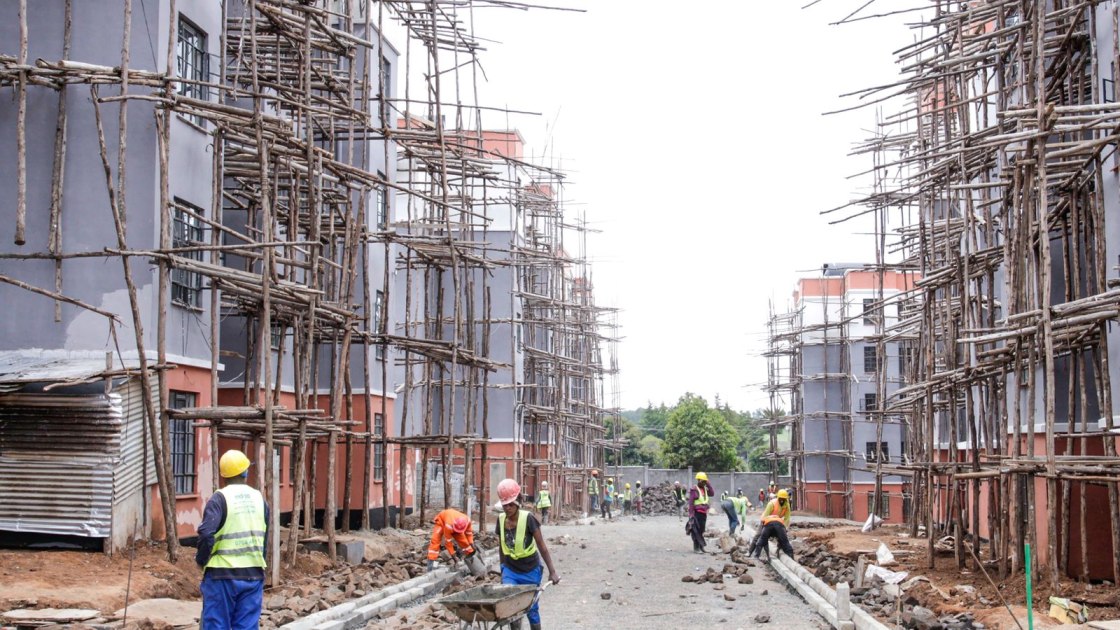Developers push for professional management of affordable housing projects

Under the programme, the Affordable Housing Board will retain ownership of the houses for the first nine years, overseeing their upkeep and ensuring the developments gain value over time.
Kenya’s property developers are shifting focus from simply building affordable housing units to ensuring their proper management, in a move they say will safeguard long-term value and prevent past mistakes.
The Kenya Property Developers Association (KPDA), in partnership with the Kenya National Chamber of Commerce and Industry (KNCCI), has unveiled a plan that will allow professional property managers and realtors to run affordable housing projects across the country.
The move is aimed at addressing persistent challenges such as poor maintenance, inadequate garbage collection, unresolved tenant disputes, and weak financial accountability that have plagued similar projects in the past.
KPDA chairman Ken Luusa said the initiative is already gaining traction, with dozens of realtors engaged to manage the rollout of homes.
“We have onboarded in the first round over 30 realtors who are supporting us on putting these homes into households and buyers. So again, a significant business opportunity that is unprecedented,” he said.
Under the programme, the Affordable Housing Board will retain ownership of the houses for the first nine years, overseeing their upkeep and ensuring the developments gain value over time.
More than 60 property managers and realtors have already been brought in to support the professional management of estates.
Beyond management, the partnership is also exploring new financing models to strengthen Kenya’s affordable housing efforts and promote sustainable urban development.
KPDA said it intends to leverage its members’ technical expertise and practical experience, while using KNCCI’s wide networks across the economy to advocate for better policies.
“From streamlining approval processes, advocating for consistent policies, and creating a stable environment that attracts investment, we will move from fragmented requests to coordinated advocacy,” said Luusa.
KNCCI noted that the real estate sector contributes about 10 per cent of Kenya’s GDP, ranking among the country’s fastest-growing industries.
According to KNCCI President Eric Rutto, housing demand is being fueled by rapid urbanisation, with about 22 per cent of Kenyans now living in cities and urban populations expanding at a rate of 4.2 per cent annually.
“Affordable housing is a government priority under the Kenya Vision 2030 and Big Four Agenda. Rising demand in urban areas—especially Nairobi, Mombasa, Kisumu, and Nakuru—has fueled expansion in gated estates, apartments, and mixed-use developments,” said Rutto.
Kenya currently requires about 200,000 new housing units each year to meet demand, yet only 50,000 are constructed, leaving the country with a widening deficit of 150,000 units annually. This mismatch between supply and demand has seen house prices more than double since 2004.
Officials said the new framework, set to be launched in mid-October, will create a transparent process for private sector involvement while ensuring that the affordable housing programme continues to drive economic growth and social transformation.
